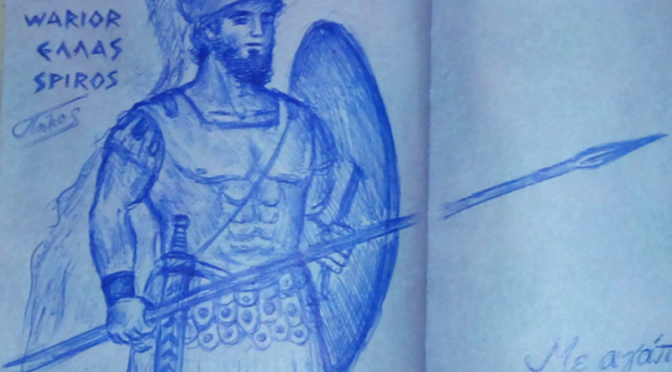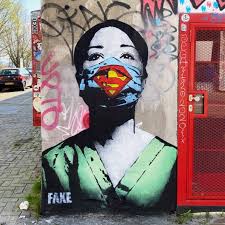
The fourth session of IMS / CEFRES Epistemological seminar will be hosted by:
Ekaterina Zheltova (PhD fellow FSV / CEFRES)
Topic: Exploring (linguistic) imaginaries in the Albanian-Greek borderlands
Organisers: Jérôme Heurtaux (CEFRES), Claire Madl (CEFRES), Tomáš Weiss (FSV UK) and Mitchell Young (IMS FSV UK)
Where: on line
To register, please contact: claire(@)cefres.cz
When: Wednesday, December 2nd, 4:30 pm- 6:00 pm
Language: English
Reading:
- Strauss, C. (2006). The imaginary. Anthropological theory, 6(3), pp. 322-344.
- Schieffelin, B. B., Woolard, K. A., & Kroskrity, P. V. (1998). Language ideologies: Practice and theory. Oxford University Press, pp. 3-5 (up to “What is ideology?”).

The 9th session of FSV / CEFRES seminar “Reflecting on Crises” will be hosted by:
Michèle Baussant (CNRS, CEFRES)
Topic: “Here is a place that has left its place”: Memories of the Vanquished, Traces of Crises and Decolonial Wars
Where: online.
To register, please contact the organizers: maria.kokkinou@cefres.cz
When: Wednesday, December 2nd, 12:30-1:50pm
Language: French
As part of the seminar:
“Enjeux contemporains. Penser les crises” / Current Issues. Reflecting on Crises
organized by Maria Kokkinou (CEFRES / UK) and Jérôme Heurtaux (CEFRES)
Presentation of the seminar:
The crisis has the wind in its sails: due to the appearance and extensive spread of Covid-19 in 2020, this concept has regained a world-wide attention, last observed during the financial crisis of 2009. Apart from these spectacular moments of global turmoil, we can no longer count the events or phenomena that are described as crises.
A concept inextricably linked to modernity, a “crisis” (pre)occupies our societies in all its dimensions. The polysemic uses of the term and its very topicality prompt us to revisit this concept, its different meanings and uses. This seminar course is devoted to this task. It will involve the intervention of researchers from various disciplines – political sociology, history, art history, anthropology, philosophy, etc.
What realities are qualified as “crises” and in which ways are they critical? What is a crisis and how to explain its emergence? How does a crisis unfold, what are its effects and consequences? Why do crises give rise to conflicts of interpretation over their meaning? Is the notion of crisis a central operator of our modernity and a key to understanding the challenges that contemporary societies face?


